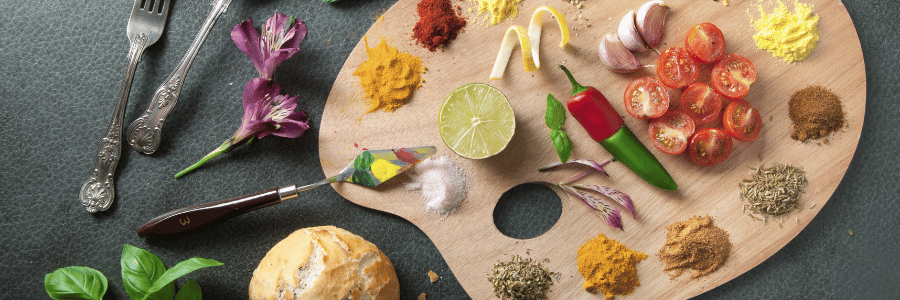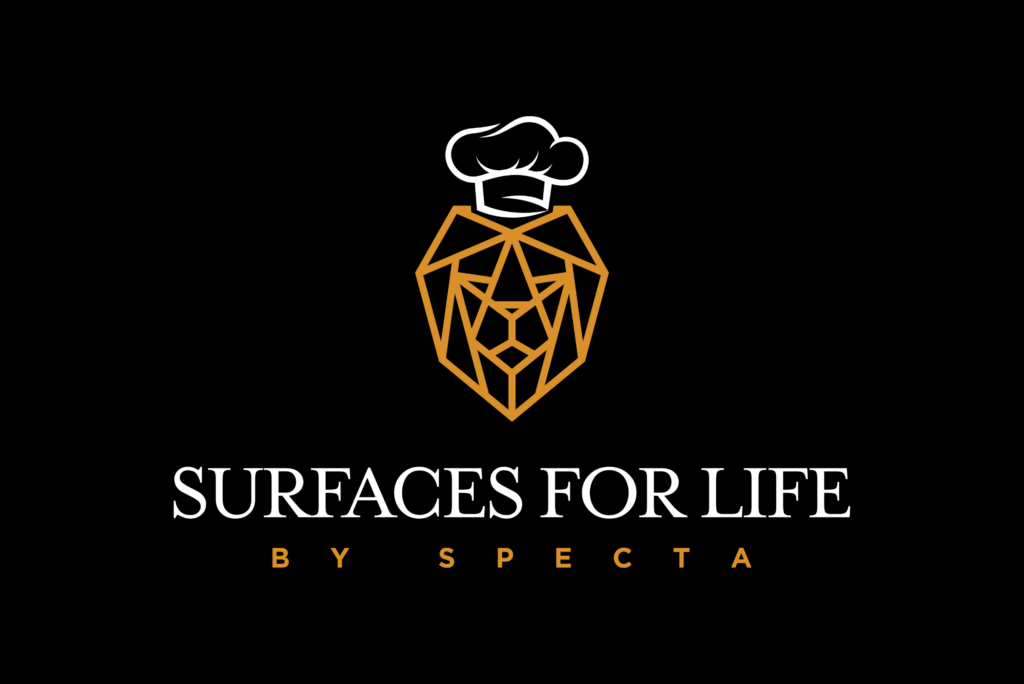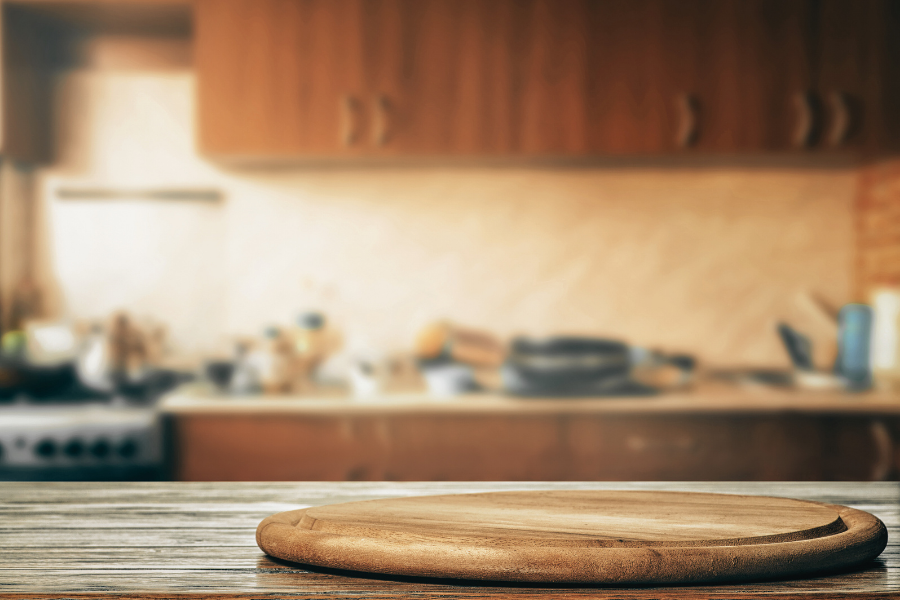Ask about the kitchen, and the replies come fast:
“I love it.”
“I hate it.”
“I don’t have to cook, so I don’t.”
“I have to, so I do.”
People usually fall into two groups when it comes to the kitchen. Some are in it every day – cooking meals, packing tiffins, managing groceries. That kind of consistency takes discipline. But is that effort purely draining, or can you also get something back from it?
Others avoid the kitchen, often for good reasons: no time, no interest, or simply never having learned. But even the smallest act – brewing your own coffee, prepping one meal a week – can ripple outward, easing stress and building confidence. The question here is: can the kitchen add value to your life without disrupting your routine?
Wherever you stand, the point is the same: this space holds far more potential than most of us realise. Whether you use it daily or hardly at all, time invested here multiplies into health, confidence, creativity and connection.
Read More: Why The Kitchen

Balance, Skills and Connection
We don’t usually think of the kitchen as a place for balance or growth. It feels too ordinary. But within its routines lie many of the same qualities we actively seek elsewhere.
Rituals and Grounding
Rituals steady us. In the kitchen, they might be as small as filling a water bottle each morning, wiping the counter before bed, or planning meals for the week. Ordinary as they seem, they anchor the day and create structure.
Rhythm and Stress Relief
Chop, peel, knead, whisk, rinse. Repetition calms the mind. The motions engage the body and let the mind reset – like going for a walk or breathing exercises.
Learning and Mastery
Progress is deeply satisfying. From learning to boil rice without burning it to mastering a complex dish, the kitchen provides endless opportunities to build competence and confidence.
Creativity and Play
Play keeps life from becoming mechanical. Improvising with ingredients, plating food beautifully, or trying a new recipe can be as expressive as any hobby.
Bonding and Connection
Shared activities, interests, memories and traditions build closeness. Cooking side by side, passing on food traditions, and eating together create connection that lasts beyond the moment.
“I’d say, for me, it’s cooking that gives me a space beyond music. I love food. And somehow, music and food go together so well. Cooking is very therapeutic. That preparation, the fragrance of spices, the wafting aromas – it just sweeps aside my depression, tiredness and name what you may..”
— Shreya Ghoshal

Positive Brain Chemistry
Science helps explain why kitchen time often feels grounding. Everyday cooking taps into the brain’s natural reward systems:
- Dopamine: motivation and reward
That rush when the dish turns out right, or when the first bite tastes just as you hoped. - Serotonin: mood stability
Tied to sleep, appetite and gut health; supported by fresh, nourishing ingredients. - Oxytocin: bonding and closeness
Strengthened when you cook with someone else, or share what you’ve made. - GABA: calm and stress relief
Released through slow, repetitive motions like kneading dough or rinsing rice. - Endorphins: natural stress relievers
Emerge from moving, laughing, and creating something you enjoy. - Neuroplasticity: learning and adaptability
Sparked by mastering a new dish or technique, keeping the brain challenged and flexible.
The science backs what many of us feel instinctively: kitchen time regulates mood, sparks motivation, calms stress and strengthens memory. But chemistry is only part of the story; the other is practical.

Cross-Functional Skill-Building
We tend to overlook the skill-building that happens in the kitchen, often taking it for granted without recognising the larger task it entails. In reality, maintaining a kitchen draws on the same competencies celebrated in offices and classrooms:
- Planning & research: meals, nutrition, ingredients
- Time & task management: sequencing, multitasking, efficiency
- Adaptability & problem-solving: substitutions, seasonal changes, quick fixes
- Creativity & innovation: improvising, experimenting, inventing
- Systems & budgeting: sourcing, storage, waste control, costs
These skills don’t stay in the kitchen. They translate into resilience at work, confidence in decision-making, and the ability to handle complexity with calm. That’s why kitchen literacy matters – it’s one of the most practical foundations for everyday life.
Read More: Everyone Should Know How To Feed Themselves

Different Ways to Take Part
Not everyone wants, needs, or is able to take on the full responsibility of cooking. But the kitchen is so woven into daily life that there are many ways to engage and benefit:
- Nutrition awareness: learning how food supports health helps cut through misinformation and guide better choices.
- Edible growing: even a small pot of herbs or greens creates freshness and connection to food.
- Sustainability: choosing seasonal produce or reducing waste makes environmental values part of daily routine.
- Household flow: looking up recipes, helping with prep, or stepping in when routines shift all lighten the load.
- Preserving traditions: recording recipes, asking elders questions, or sharing food rituals keeps cultural memory alive.
Whether you live alone or with others, every contribution counts. Each role, however small, makes the kitchen more meaningful, not only as a place where meals are made, but as a place where health, values and culture come together.

So, what else is in the kitchen? More than meals. It’s a space that builds balance, rhythm, skills and connection. It offers science-backed ways to reset, teaches competencies that extend far beyond the home, and provides countless entry points for participation.
Wherever you begin, the kitchen has more to give than most of us realise – a place where small acts accumulate into confidence, resilience, and a deeper sense of belonging.
Specta Quartz sees the kitchen as a space for calm, connection, fun, and growth. Follow us on Instagram @surfacesforlife for more.



